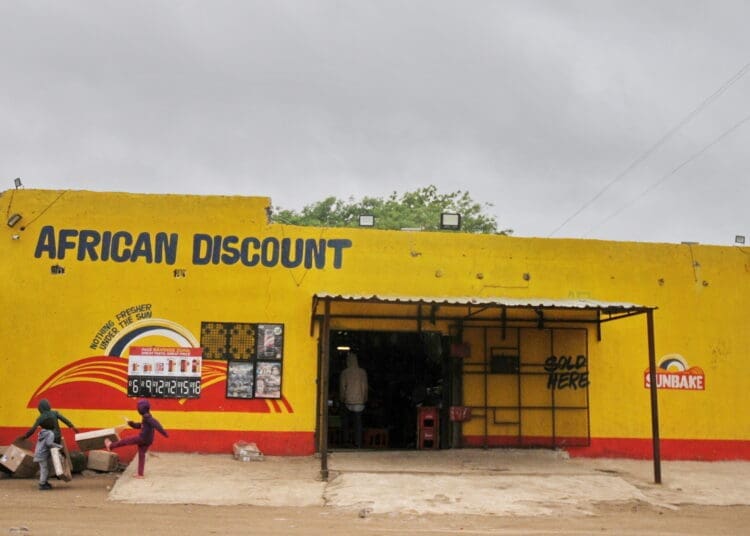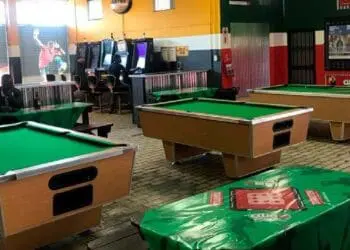The Department of Small Business Development (DSBD) has introduced the Business Licensing Bill to make it easier for small businesses to operate in Limpopo. The Bill seeks to replace old laws, cuts red tape, and creates a clear, fair system for business licensing across South Africa. It is aimed at supporting women, youth, and other small business owners.
The Bill was discussed at a DSBD workshop held at the Thohoyandou Indoor Sports Centre, where small business owners and officials shared their perspectives.
Joe Motene, Chief Director for Business Regulations and Governance in the Limpopo Department of Economic Development, Environment and Tourism (LEDET), said the Bill will make licensing faster and simpler.
“It includes lower fees, easier procedures, and special support for small businesses in designated trading areas,” he said.
Motene added that local municipalities will act as licensing authorities, making it easier for business owners to access services closer to home.
He also explained that the Bill clarifies how foreign nationals can register businesses, in line with immigration and land-use rules, to prevent unlicensed operations from taking over small business opportunities.
Designated officers will inspect businesses, issue compliance notices, and close those that repeatedly fail to follow the rules. “The Bill is designed to make it easier for small businesses to register and grow while protecting local entrepreneurs and ensuring fair competition,” Motene said.
Vhadoda Tseisa from Mulenzhe village, who runs a transport service, a fish and vegetable project, and a mobile cold room rental said high licensing fees and complicated rules have made it hard to grow businesses in the past. “If this Bill works properly, young South Africans will be able to register their businesses without spending too much money or going through too many steps,” he said.
Nephalama Thendo, a supermarket owner, said she struggled for years to get a license. Her premises had to be moved several times because they did not meet health and safety rules. She spent a lot of money trying to meet government requirements. “The process has been too complicated and expensive for small business owners like me,” Thendo said. She added that the Bill should make it easier to pay for licenses and provide guidance from the start.
Concerns about unfair competition in the spaza shop sector also came up during the workshop. Tshifhiwa Gift Maeko, who has worked with foreign-owned shops, explained that some unlicensed shops sell expired or fake goods, putting local businesses at a disadvantage. He said the Bill’s enforcement rules are necessary to protect small traders.
Mulalo Nemakonde from the Limpopo Business Registration Act (LIBRA) explained the registration process.
“Anyone wanting to register a business must first get a letter from their local chief or tribal council. The premises must meet safety and location rules. Officials check each application in the system to prevent duplicate businesses. If an application is rejected, the reasons are explained, and the applicant can appeal,” said Nemakonde.
Finance is another challenge for small businesses. Martin Rafferty from the Small Enterprise Development Finance Agency (SEDFA) said the agency offers loans of up to R100,000. Repayments are in three months and can be extended to six months. SEDFA also helps small businesses access markets, including international opportunities in Zimbabwe and Namibia, covering flights and accommodation for qualifying businesses.
The Business Licensing Bill is expected to make it easier for small businesses to register, follow regulations, and access funding. The goal is to create a fairer system that supports growth, protects local entrepreneurs, and strengthens South Africa’s small business sector.
olga@vutivibusiness.co.za


























































